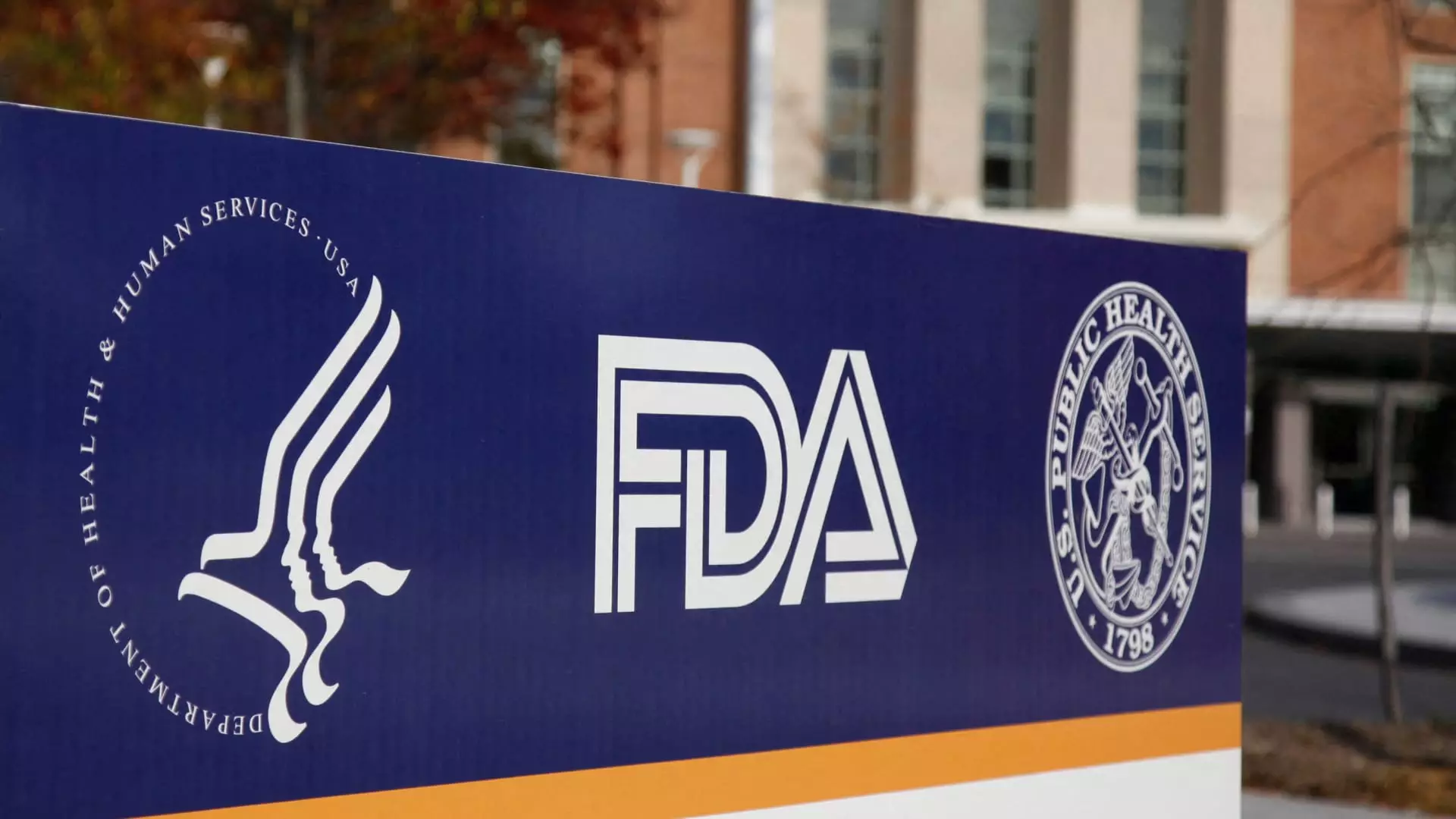The recent measures taken under Robert F. Kennedy Jr.’s administration signal a startling and disheartening evolution within the Food and Drug Administration (FDA). With the implementation of sweeping job cuts—culminating in the disbandment of the Division of Learning and Organizational Development (DLOD)—the repercussions of these decisions are likely to reverberate through the very fabric of our public health infrastructure. This traumatic transition not only strips the agency of necessary training capabilities but also raises existential concerns about our collective commitment to public health.
The Human Element: Lives Affected by Job Losses
Imagine being part of a team that played a crucial role in enhancing the efficacy and safety of healthcare practices across the nation. Suddenly, you find yourself displaced in a politically motivated maneuver that masquerades as a strategy for “streamlining operations.” The DLOD was composed of over 30 dedicated professionals whose collective knowledge contributed directly to the education of medical personnel ranging from doctors to pharmacists. Their unexpected layoffs represent far more than mere numbers on a balance sheet; they symbolize a disregard for the human expertise essential to informed healthcare delivery.
Moreover, each of these individuals contributed to life-saving education initiatives, including critical topics like opioid safety and infectious disease management. By dismantling this division, the administration jeopardizes not only the coordinated training services provided but also the integrity of our collective ability to safeguard public health. There’s an undeniable irony in how a supposed drive for efficiency translates into chaos and uncertainty for healthcare providers who now must hunt for their educational resources.
The Dangerous Consequences of Dismantling Training Programs
The ramifications of dismantling the DLOD go well beyond the immediate concerns of job losses. This division served as a cornerstone for continuing education focused on the adaptation and evolution of medical science, regulatory practices, and FDA guidelines. With many healthcare professionals required to obtain credits to maintain licensure, there are growing fears about a disjointed system that could leave providers under-informed and ill-equipped to navigate complex health issues.
This concern is magnified by the targeted cuts that include the suspension of approvals for continuing education activities—functions that are vital for keeping healthcare workers’ skills current. The scrapping of these programs jeopardizes the fundamental exchanges of knowledge necessary for effective care delivery. By removing formal channels for professional development, we risk cultivating a healthcare environment driven by outdated methods and knowledge gaps, directly undermining public safety.
Unhinged Accountability: A Question of Health Priorities
It is worth noting that, while HHS and the Trump administration may couch these job cuts in the language of efficiency and reducing unnecessary expenditures, they inadvertently reveal a deeply troubling dismissal of the crucial social contract between government institutions and the public. If indeed some personnel within HHS are to be reinstated, the absence of clarity around the fate of DLOD employees speaks volumes about the overall priority placed on public health.
This lack of strategic foresight raises serious ethical questions: What does it mean when education and training—fundamental components of an effective regulatory body—are deemed surplus to requirements? Are we to consider a society that devalues ongoing learning and knowledge transfer as a society committed to the health and wellbeing of its citizens?
Future Implications: The Road Ahead
While Kennedy’s administration may herald this agenda as a means of streamlining governance, it is hard to ignore the potential long-term ramifications for public health systems. The elimination of training resources could usher in only disarray, impacting vital health responses at critical junctures—especially during times of crisis, such as pandemics, foodborne illnesses, or environmental disasters.
Furthermore, the chilling effect of such administrative decisions casts a shadow over the motivations behind government employment. Rather than encouraging a dedicated workforce committed to public service, such actions create an atmosphere of uncertainty and fear. The potential for healthcare professionals to lose vital support connections is tangible, leading to a real threat regarding the readiness and resilience of our health systems.
In a democratic society, the government holds a responsibility to safeguard the health of its citizens, a responsibility that should include the advanced training and education of its regulatory bodies. The dissolution of DLOD suggests a retreat from this obligation, raising critical questions about the value we place on education and public health in the face of budgetary concerns.

